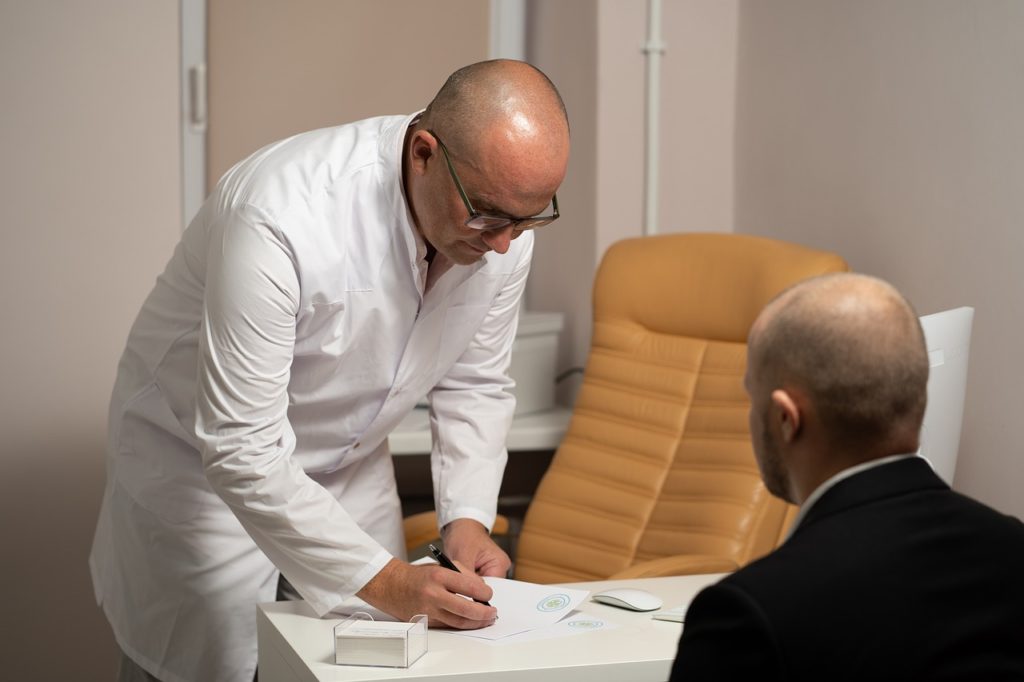Introduction to Delayed Concussion Symptoms
Concussions are a common and often overlooked injury, primarily because their symptoms can be subtle and delayed. Knowing how to identify and manage these delayed concussion symptoms is crucial for the health and well-being of individuals who have experienced a concussion. This article delves into delayed concussion symptoms, explains why they occur, and offers practical tips for adequate recovery. By staying informed, individuals can better navigate the challenges posed by these symptoms and ensure a smooth path to recovery.
What Are Delayed Concussion Symptoms?
After a concussion, symptoms might not manifest immediately. Delayed concussion symptoms can appear hours or even days after the initial injury, making diagnosis and treatment more challenging. Common delayed symptoms include persistent headaches, dizziness, and difficulties with concentration and memory. Additionally, mood changes such as irritability and anxiety, as well as sleep disturbances, can also be indicators. Understanding these late-onset signs is essential for proper medical intervention. Recognizing these symptoms might develop later can prevent misdiagnosis and ensure timely and appropriate care.
Common Causes of Delayed Symptoms
Delayed concussion symptoms can occur due to several factors, including the body’s inflammatory response to the injury and the brain’s complex healing process. Initially, the brain’s immediate response to the trauma might mask the symptoms as the body focuses on addressing the acute phase of the injury. Additionally, activities that strain the brain or body shortly after the injury can exacerbate and delay the onset of symptoms. Physically demanding tasks, excessive cognitive load, and emotional stress can lead to delayed symptom manifestation. Recognizing these causes can help manage and mitigate the impacts effectively, allowing for more targeted and informed treatment strategies.
Effective Strategies for Managing Symptoms
Recovering from a concussion requires a multifaceted approach. Here are some effective strategies:
- Rest: Ensuring plenty of physical and cognitive rest is paramount. This means avoiding activities that could further strain the brain, such as heavy exercise, reading, and intense screen time.
- Medical Evaluation: Receiving immediate medical care aids in accurately diagnosing the condition. A healthcare provider may suggest treatment choices customized to the person’s requirements.
- Hydration and Nutrition: Ensuring adequate hydration and a well-rounded diet is beneficial for promoting the healing process. Substances like omega-3 fatty acids and antioxidants can also benefit the brain.
- Mental Health Support: The recovery process should not overlook emotional and psychological well-being. Counseling or therapy can help address any anxiety, depression, or emotional disturbances that may arise.
The Role of Physical Therapy in Recovery
Physical therapy can be instrumental in managing concussion symptoms. Therapists can design customized exercise and rehabilitation programs to improve balance, coordination, and overall brain function. Engaging in appropriate physical activities under professional guidance can significantly contribute to recovery. For example, vestibular therapy can help manage dizziness and balance issues, while occupational therapy can aid in regaining cognitive and physical functions necessary for daily activities. Regular follow-ups with a physical therapist ensure the recovery plan is adjusted to cater to the patient’s progress and specific symptoms.
When to Seek Medical Attention
It is crucial to seek medical attention if you or someone you know exhibits signs of a concussion, such as prolonged headaches, vomiting, or seizures. Other red flags include slurred speech, unequal pupil size, and severe drowsiness. Timely intervention can prevent long-term complications and promote better outcomes. An initial evaluation from a medical professional can help evaluate the seriousness of the concussion and direct the appropriate treatment, which might involve diagnostic tests and a recommendation to see a neurologist.
Supporting Loved Ones During Recovery
Supporting someone through their concussion recovery involves patience and understanding. Encouraging rest, helping manage daily activities, and being attuned to their needs can significantly aid their recovery journey. Giving emotional support is equally important as treating physical symptoms. This involves establishing a peaceful and minimally stimulating atmosphere, providing prompts for memory, and showing empathy towards their restrictions.
Conclusion
Delayed concussion symptoms are a significant concern that requires awareness and prompt attention. By recognizing the signs and implementing effective recovery strategies, individuals can ensure better health outcomes and a smoother rehabilitation process. For more detailed information on concussion recovery strategies, visit these resources on traumatic brain injury recovery and effective management techniques. Remaining knowledgeable and taking active measures to address symptoms of concussion can have a significant impact on the recovery process and overall health, both mentally and physically.
